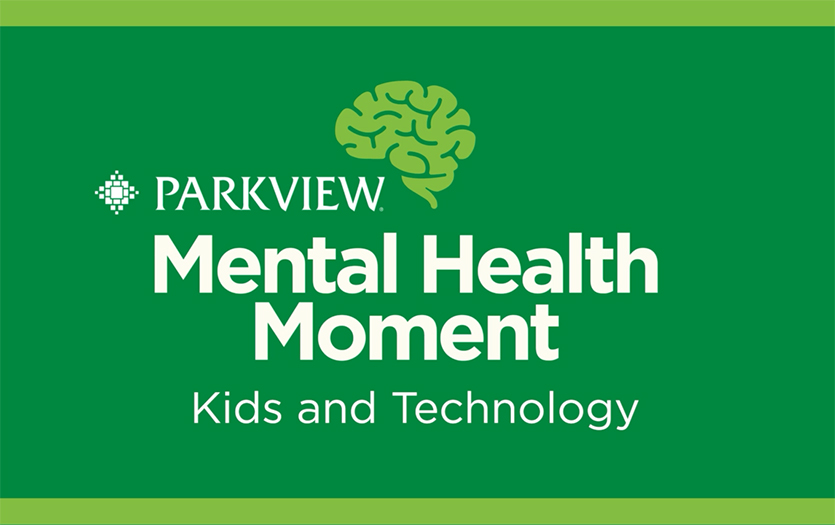
The following is from the book, “Out of Touch: How to survive an intimacy famine” written by Michelle Drouin, PhD, research scientist, Parkview Mirro Center for Research and Innovation. Michelle is a published author with expertise in psychology, information technology, communication and medicine. In this excerpt, Michelle offers tips from the perspectives of both a parent and a child, about how to navigate the perpetually plugged in state of the world we live in today.
Survival tip #1
Mister Rogers may be my favorite character ever on television, and SpongeBob is probably my least favorite. Yet the hard truth is that Fred Rogers died in 2003, and SpongeBob is still airing on Nickelodeon. As Mister Rogers said, “You rarely have time for everything you want in this life, so you need to make choices. And hopefully your choices can come from a deep sense of who you are.” Decide who you are and what you want your children to be, and make intentional choices about the media your children consume. Make every effort to make sure that you fill their young brains with shows promoting empathy, kindness, learning, and diversity. Donate to public broadcasting. Demand more educational programs for children. And if you want your children to stop watching YouTube stars, remember that you set the rules.
Survival tip #2
The biggest lessons you can teach your kids regarding their own technology use echoes sentiments from experts worldwide: don’t let screen time interfere with exercise, outdoor time, or sleep. And if you want your children to really thrive, steer them away from selfies and toward Excel chart building. If the Silicon Valley executives can enforce strict rules around tech use, so can you.
Survival tip #3
You cannot compare your children’s lives to yours. It’s just not fair. If you had three channels, one TV, and a set of encyclopedias, you have no idea what it’s like to grow up in an era of TikTok videos and Netflix. Reflect fondly on the days of yore, but acknowledge the irresistible appeal of our tech-laden world. Using technology is easy and addictive. However, we now know that excessive technology use may be detrimental to children. If you found out your twelve-year-old was addicted to drugs, you wouldn’t keep giving them the drugs. You’d take them away. Never be afraid to do the same with their iPhone.
Survival tip #4
During a period of quick development, you must expect some growing pains. We are currently in the awkward teenage years of technological innovation, full of angst and uncertainty. But hope is on the horizon. The best, most beneficial innovations—those that will help our children learn and socialize better—are still to come. It’s an exhilarating time to be alive. For now, though, our children are OK. Even during a period of extreme isolation, they survived. Reshape your views on social connection. Accept that kids no longer need a compass to traverse the prairie. Provided you gave them warmth and structure, for your kids, Google Maps will work just fine.
Bonus technology tip
As you try to shape your child’s world, technology will be a necessary consideration. How much? When? What type? Where? Before you place any device in your child’s hands, make sure you have established rules around its use. And make sure you and partner, if you have one, are on the same page. Fights about technology between children and parents are intensified when parents aren’t on the same page. Common Sense Media and the American Academy of Pediatrics provide some structure and information, but there are few hard rules. Improvise. Negotiate. But whatever you do, create some structure around device use.
Keep reading
For more on parenting, children and technology, check out these posts from the Parkview Dashboard:
Limiting screen time safeguards health and development
Our teens, their screens and mental health
The connection between social media and our mental health
Body image and eating disorders in the age of social media




